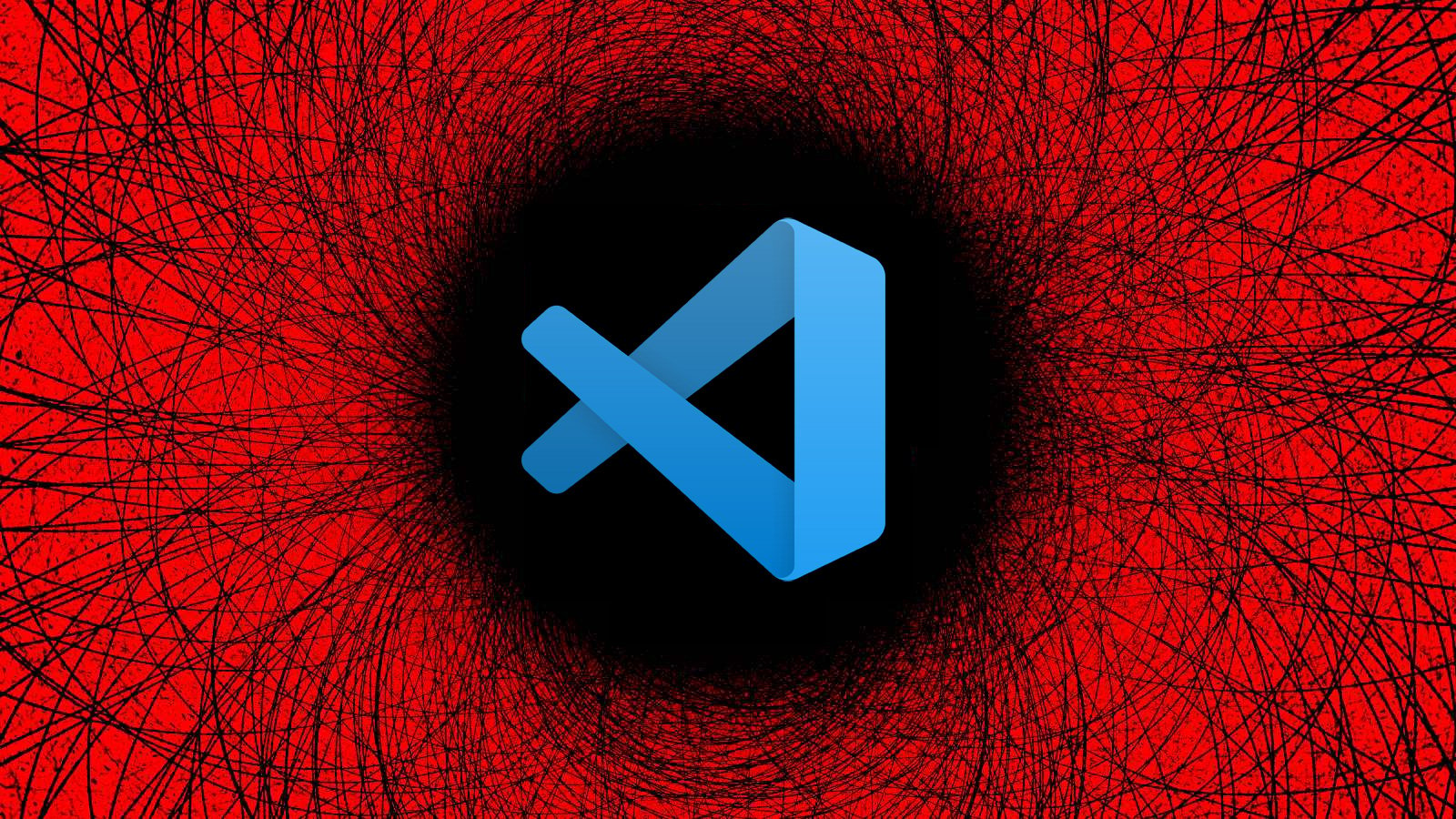- 2 Posts
- 78 Comments
They’re even doing an eager supervillain hand rub in the photo, delighting in the pain they’re about to inflict.
Was their office under a rock somewhere? How had none of them stumbled upon what every other programmer in the world does?
Maybe I’m a bad programmer, or maybe I’m just busy and tired, but honestly I don’t often care enough to investigate until I need to build something similar.

 22·2 months ago
22·2 months agoYes. They just don’t want the AI being trained on its own excrement.

 8·2 months ago
8·2 months agoThis should be the splash screen on every distro.

 10·2 months ago
10·2 months agoThat’s why I’d love to see more developers take another look at Linux. Such that they may develop better proficiency in the basic katas of the internet. Such that they aren’t scared to connect a computer to the internet without the cover of a cloud.
The developers I have come across mostly use Linux if they can, or another OS if they can’t (e.g. when developing specifically for Apple or Microsoft platforms). Are there many that haven’t even looked at it?

 11·3 months ago
11·3 months agoThe 1st Marine Division was mauled and remained out of action until the invasion of Okinawa began on 1 April 1945. In total, the 1st Marine Division suffered over 6,500 casualties during its month on Peleliu, over one third of the entire division. The 81st Infantry Division also suffered heavy losses with 3,300 casualties during its tenure on the island.
Postwar statisticians calculated that it took U.S. forces over 1,500 rounds of ammunition to kill each Japanese defender
Wow, that is brutal.
Not as annoying as all these people being sent over from number 302.
Watch out - Intel are closing in!

 4·3 months ago
4·3 months agoIt’s important to be able to reason about performance, even in ordinary business computing. If you pick the wrong data structure or algorithm, you can create memory problems, speed bottlenecks, etc. Even if you always use libraries it helps to understand the algorithms and structures they use so you can build efficient software.
And in game programming some knowledge of algorithms and data structures is very valuable. You often have to direct the behaviour of many objects at once in real time and, efficiency is really important.
Without this background knowledge you won’t recognize how the problem you are faced with is best addressed by a particular well-known algorithm. Recently, for example, I worked on a business problem that turned out to be tractable by arranging data into a graph and finding optimal pathways through the graph. This wasn’t obvious from the initial problem description. And for a game I needed to learn about N-body algorithms and how to efficiently approximate gravitational forces between many objects.
I wouldn’t say you need advanced math to do these kinds of programming, but you do need to know when it’s time to defer to other people’s expertise and tried-and-tested data structures and algorithms.
It makes you wonder why anyone uses them though, since so many of them do things that are trivial in modern JavaScript.
It looks like “is-number” was never more than a few simple lines of code. It still has 68 million downloads per week.
https://www.npmjs.com/package/is-number
I checked one of our main projects at work, and it’s in there as a dependency 6 levels deep via the “sass” package.
Yeah but how many normal-sized screens do you want it displayed on? Everyone has one these days. That soon adds up.

 35·5 months ago
35·5 months agoWhy compromise? Use 1-bit IP addresses.

 8·5 months ago
8·5 months agoMy favorite Windows drag-and-drop feature is that if ever I drag a file over the left pane of Explorer on its way to another window, the whole thing freezes up for a minute or so. I think it’s polling all the network drives just in case I might decide to drop it there, and since my NAS is turned off (it broke) it just waits until the connection times out. Of course in traditional Microsoft style this locks up the UI thread. I have to remember to drag everything off to the right and then go around.

 11·5 months ago
11·5 months agoNaming different things identically is a thing Microsoft loves to do. I still keep opening Teams or Teams instead of Teams. And I think there are at least three things on my PC called Copilot, and they haven’t even released Copilot yet.

 3·5 months ago
3·5 months agoI think the main take on this is to learn the lesson that it is not safe to install random software you come across online. Is this lesson new, though?
I think people often have a vaguely formed assumption that plugins are somehow sandboxed and less dangerous. But that all depends on the software hosting the plugin. There was a recent issue with a KDE theme wiping a user’s files which brought this to light. We can’t assume plugins or themes are any less dangerous than random executables.



The people that get me are the ones who brake and you have no idea what they’re doing, then they stop and you still don’t know what they’re doing, then they turn, and halfway through the turn they start to signal. What do they think signalling is for?